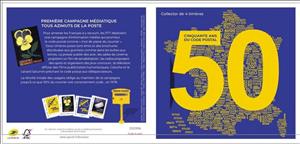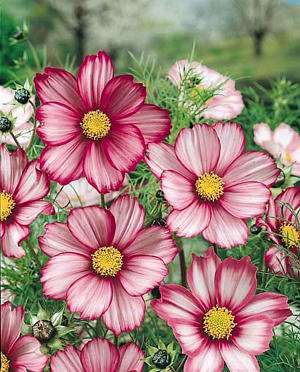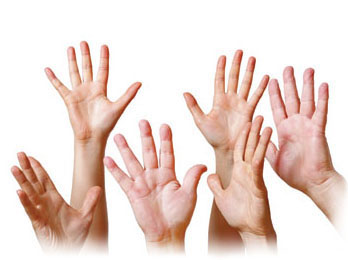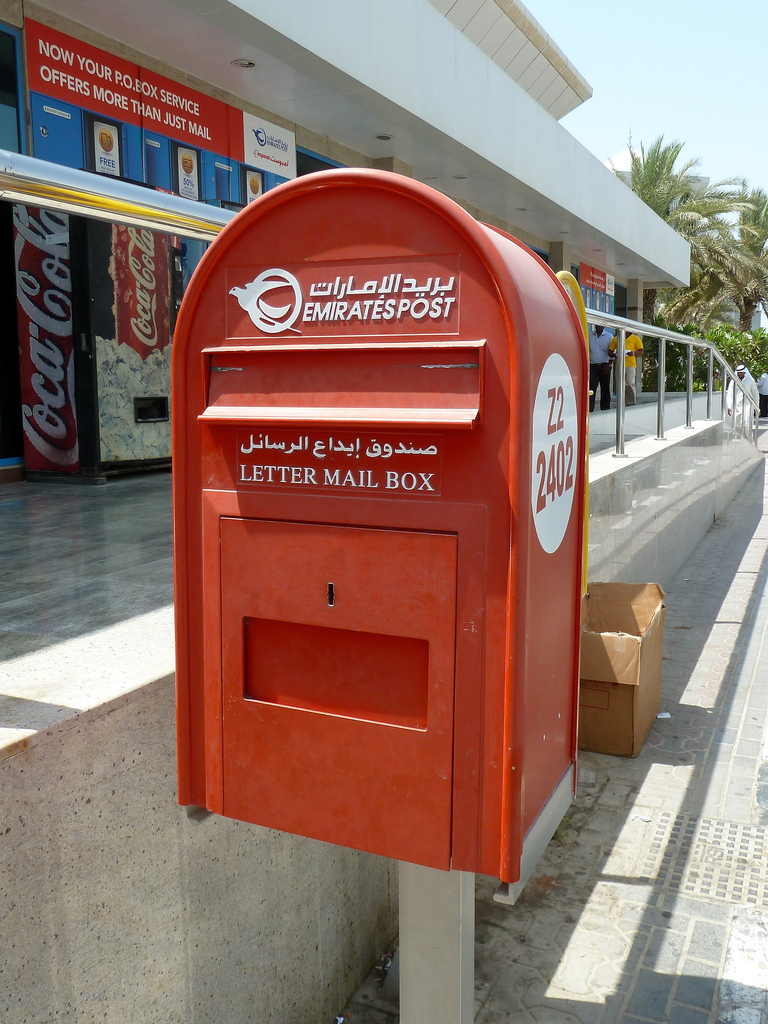Souvenir Sheet: 50 years Post Code (France 2022)
50 years Post Code (France 2022)
27 June (France ) within release Collector : 50 years Post Code goes into circulation Souvenir Sheet 50 years Post Code face value 4*Prioritaire No Face Value
| Souvenir Sheet 50 years Post Code in catalogues | |
|---|---|
| Colnect codes: | Col: FR-COL 2022-10 |
Souvenir Sheet is square format.
Also in the issue Collector : 50 years Post Code:
- Souvenir Sheet - 50 years Post Code face value 4*Prioritaire;
- Stamp - Codify your postal addresses face value PRIORITAIRE;
- Stamp - Post Code written in the squares is well sent face value PRIORITAIRE;
- Stamp - Post Code, your mail's password. Blue on yellow face value PRIORITAIRE;
- Stamp - Post Code, your mail's password. Yellow on blue face value PRIORITAIRE;
Souvenir Sheet 50 years Post Code it reflects the thematic directions:
An anniversary is the date on which an event took place or an institution was founded in a previous year, and may also refer to the commemoration or celebration of that event. For example, the first event is the initial occurrence or, if planned, the inaugural of the event. One year later would be the first anniversary of that event. The word was first used for Catholic feasts to commemorate saints. Most countries celebrate national anniversaries, typically called national days. These could be the date of independence of the nation or the adoption of a new constitution or form of government. The important dates in a sitting monarch's reign may also be commemorated, an event often referred to as a "Jubilee".
A flower, sometimes known as a bloom or blossom, is the reproductive structure found in plants that are floral (plants of the division Magnoliophyta, also called angiosperms). The biological function of a flower is to effect reproduction, usually by providing a mechanism for the union of sperm with eggs. Flowers may facilitate outcrossing (fusion of sperm and eggs from different individuals in a population) or allow selfing (fusion of sperm and egg from the same flower). Some flowers produce diaspores without fertilization (parthenocarpy). Flowers contain sporangia and are the site where gametophytes develop. Many flowers have evolved to be attractive to animals, so as to cause them to be vectors for the transfer of pollen. After fertilization, the ovary of the flower develops into fruit containing seeds. In addition to facilitating the reproduction of flowering plants, flowers have long been admired and used by humans to beautify their environment, and also as objects of romance, ritual, religion, medicine and as a source of food.
A hand is a prehensile, multi-fingered organ located at the end of the forearm or forelimb of primates such as humans, chimpanzees, monkeys, and lemurs. A few other vertebrates such as the koala (which has two opposable thumbs on each "hand" and fingerprints remarkably similar to human fingerprints) are often described as having "hands" instead of paws on their front limbs. The raccoon is usually described as having "hands" though opposable thumbs are lacking.
The mail or post is a system for physically transporting documents and other small packages; or, the postcards, letters, and parcels themselves. A postal service can be private or public, though many governments place restrictions on private systems. Since the mid-19th century national postal systems have generally been established as government monopolies with a fee on the article prepaid. Proof of payment is often in the form of adhesive postage stamps, but postage meters are also used for bulk mailing. Modern private postal systems are typically distinguished from national postal agencies by the names "courier" or "delivery service". Postal authorities often have functions other than transporting letters. In some countries, a postal, telegraph and telephone (PTT) service oversees the postal system, in addition to telephone and telegraph systems. Some countries' postal systems allow for savings accounts and handle applications for passports.




